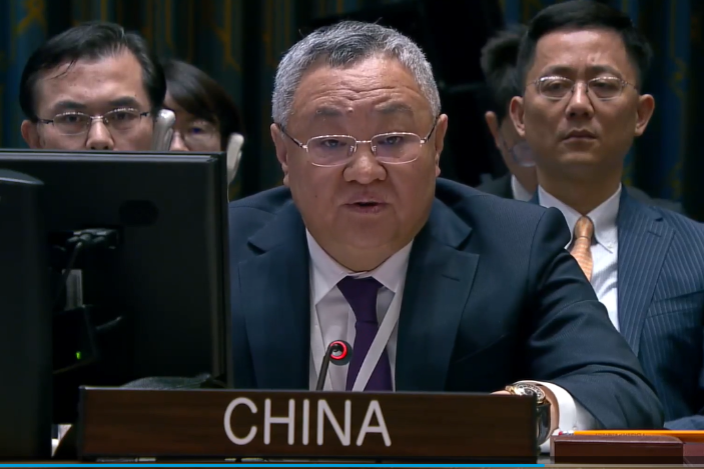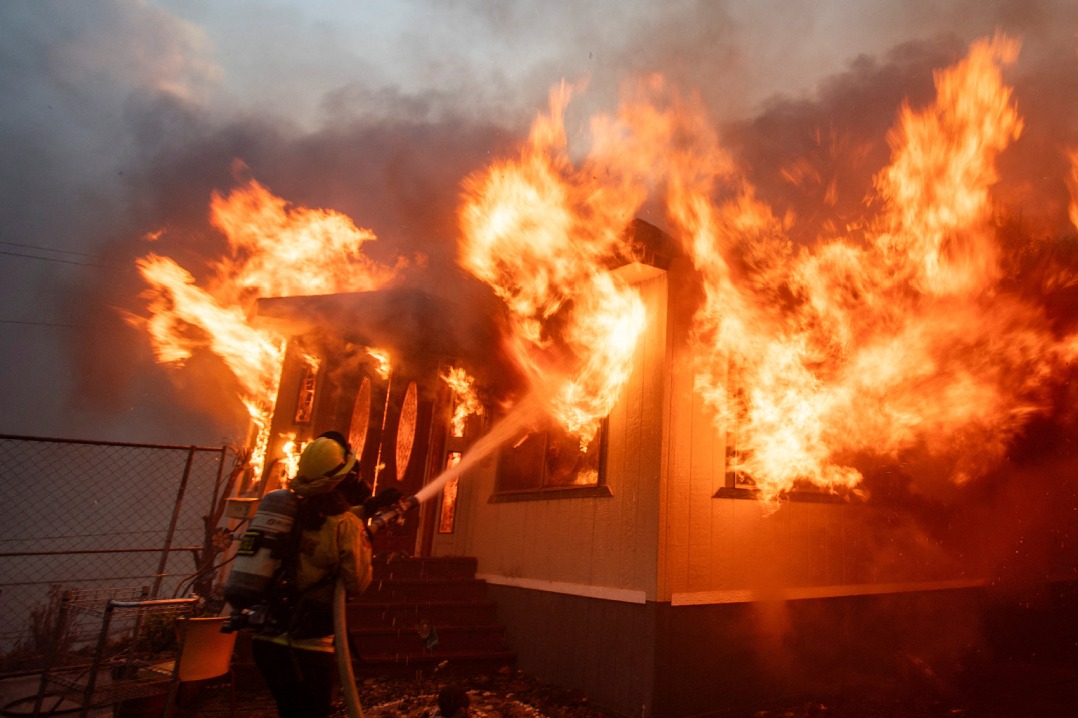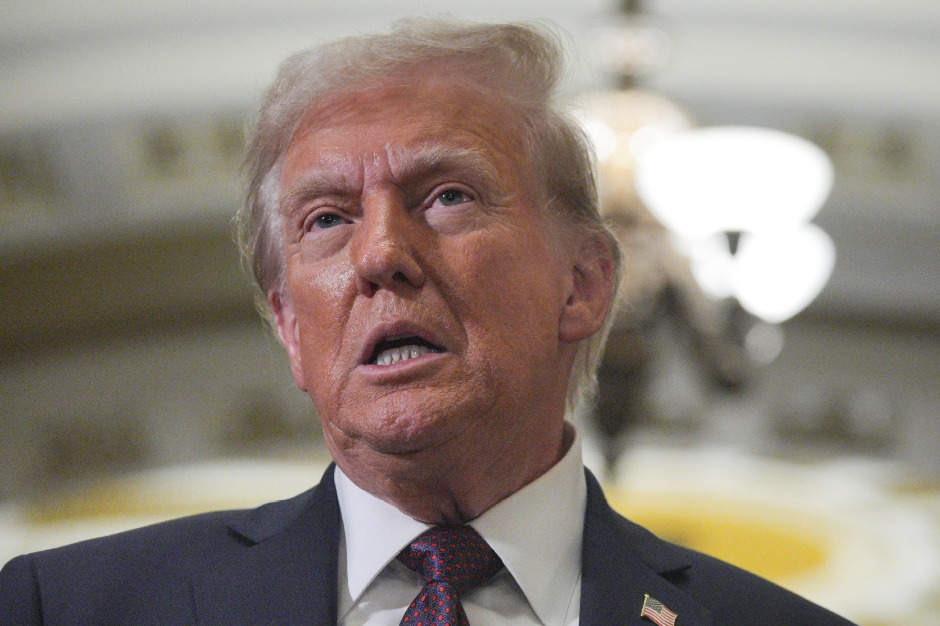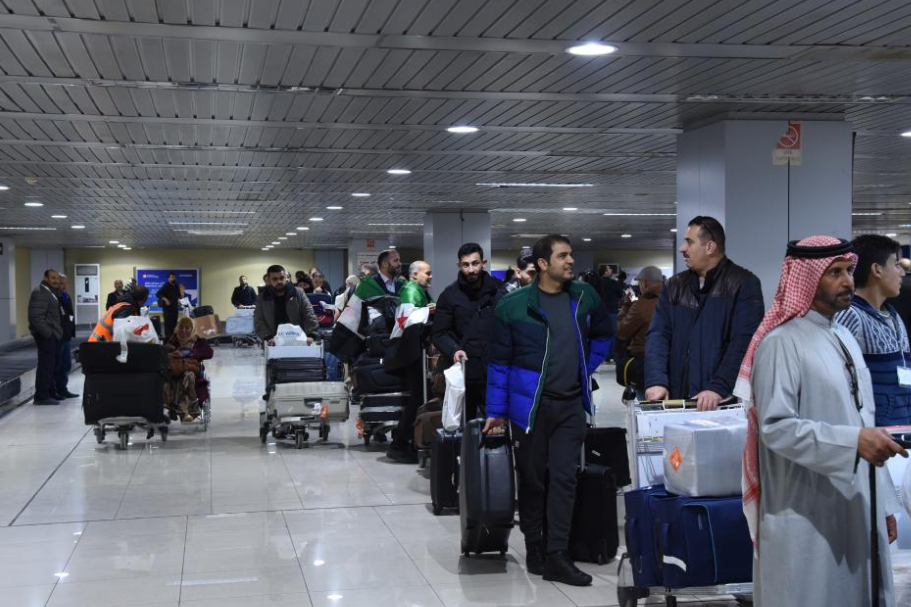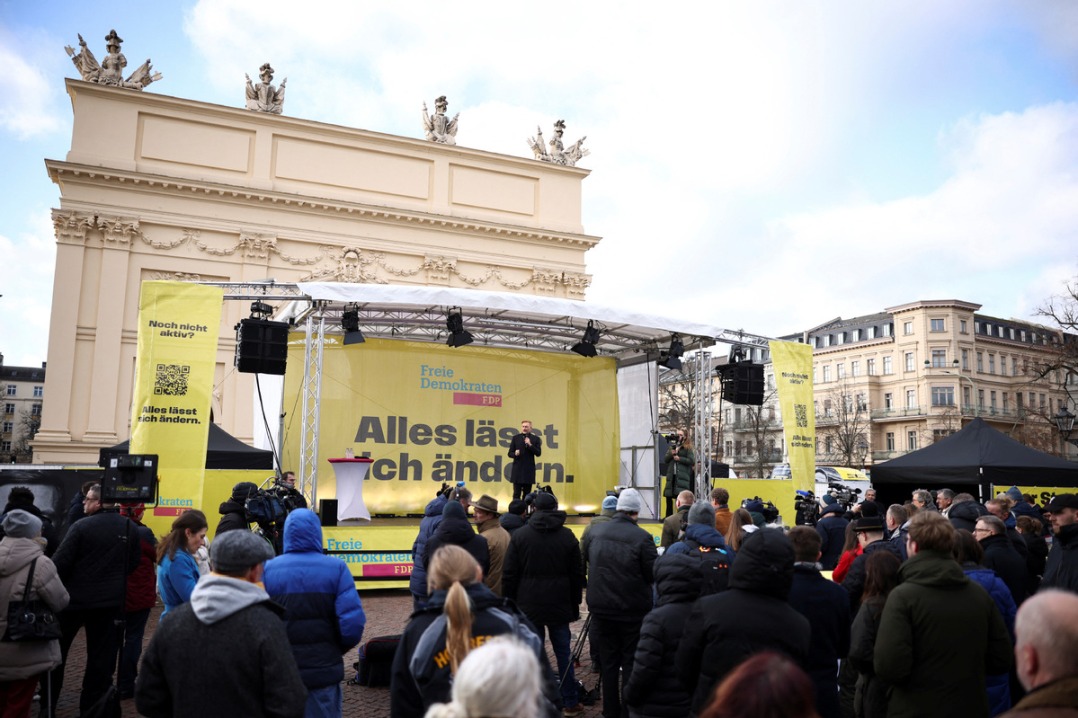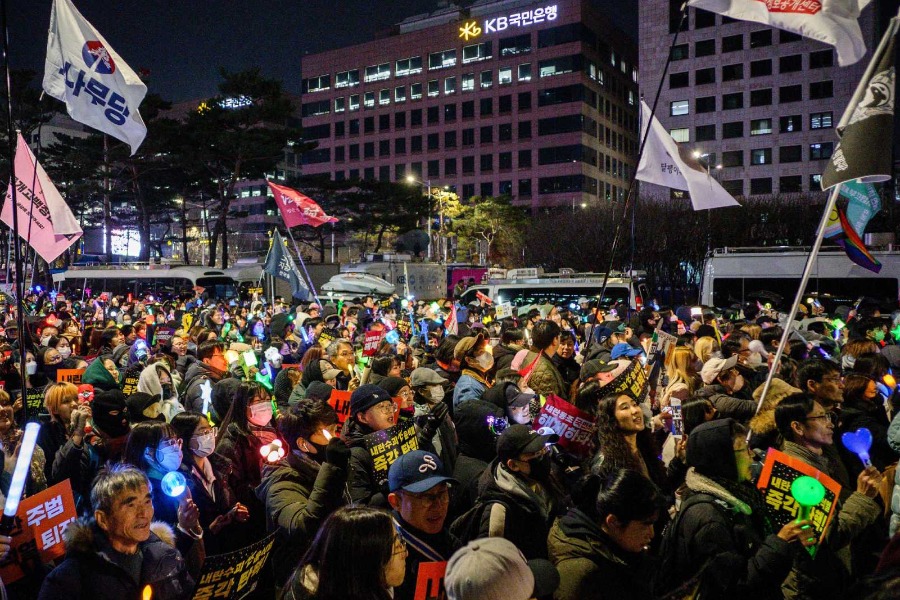Italy president picks senate speaker to break stall over new govt

ROME - Italian President Sergio Mattarella on Wednesday tasked senate speaker Maria Elisabetta Alberti Casellati with a so-called "exploratory mandate" to try to break a deadlock between two factions in the wake of an inconclusive March 4 general election.
Mattarella has given Casellati until Friday to "verify the existence of a majority" between the two relative election winners -- a center-right bloc led by the rightwing League, which won 37 percent of the national vote, and the populist Five Star Movement, which won 32.5 percent of the vote.
Both claim the right to lead the next government of Italy, and have been deadlocked over mutually incompatible demands.
"I thanked President Mattarella for the trust he has placed in me," Casellati told reporters after emerging from their 40-minute meeting. "I intend to carry out this task in a spirit of service," she said.
Casellati is the second woman in the history of post-World War II Italy to be appointed to this task, after Lower House Speaker Nilde Iotti in 1987. A veteran politician, Casellati is from media mogul Silvio Berlusconi's pro-EU, center-right Forza Italia party, which is a part of the winning center-right bloc.
The 71-year-old lawyer from the northwestern Veneto region was re-elected to a sixth term in March. She is a member of the Superior Council of Magistrates, which is the self-governing body of the Italian judiciary, and is considered to be an iron-clad Berlusconi loyalist.
Two rounds of formal talks held by Mattarella, whose job it is to name the country's next prime minister, have failed to break the impasse.
Because Italy's two houses of parliament -- the 315-member senate and the 630-seat lower house -- have equal powers and both must vote their confidence in any new government, Mattarella must tread carefully in choosing the leader most likely to form a stable and lasting government. If Casellati fails to bring the two sides together, Mattarella will move on to other options.
General elections in Italy are supposed to be held every five years. However, the country has a history of shaky coalition governments that fall apart long before the end of their mandate.
















